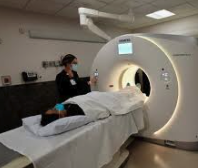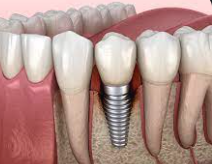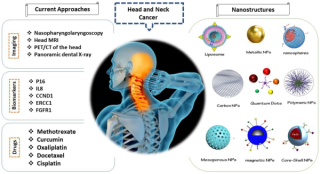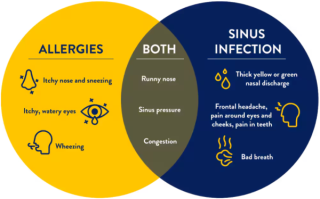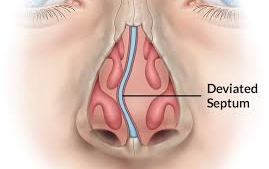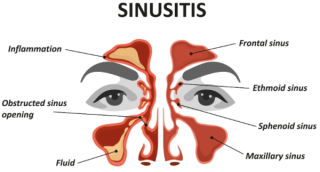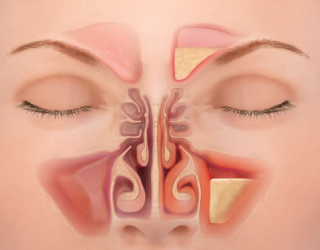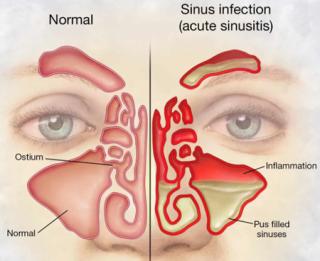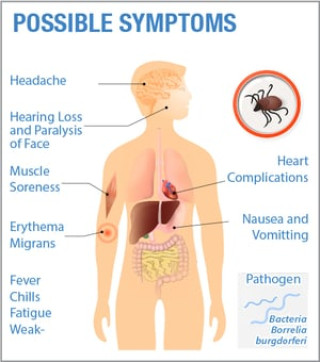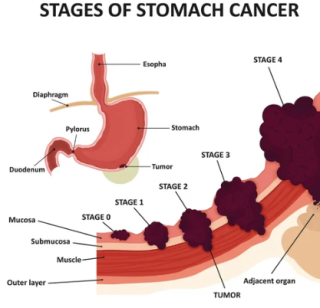Demystifying Sinusitis Diagnosis: Insights into the Processupdated at Nov 08, 2025 1,554 1,554 Clinical EvaluationThe initial step in diagnosing sinusitis revolves around a comprehensive clinical evaluation.This includes a detailed discussion of your medical history, |
Ensuring Long-Term Success: How Often Should You Have Your Implants Checked?updated at Nov 09, 2025 1,296 1,296 Professional Cleaning and ExaminationThe longevity and success of your dental implants depend heavily on consistent care.A critical component of this care involves regular professional cleaning and examination.Generally, |
Debunking the Myth: Is Dental Implant Surgery Painful?updated at Nov 07, 2025 1,473 1,473 The prospect of dental implant surgery often conjures up images of intense pain.However, |
How will a physician make a diagnosis of head and neck cancer?created at May 09, 2009 1,218 1,218 Diagnosis of head and neck cancer typically begins with a thorough medical history and physical examination, |
Exploring the Controversial Link Between Food Allergies and Sinusitiscreated at May 08, 2009 1,285 1,285 While not definitively proven, |
Understanding the Interplay Between Allergies and Sinusitiscreated at May 08, 2009 1,378 1,378 Allergies and sinusitis frequently interact, |
Understanding the Impact of a Deviated Septum on Sinusitisupdated at Nov 08, 2025 1,310 1,310 A deviated septum, |
Managing Expectations: How Long Until You Feel Better with Sinusitis Treatmentcreated at May 08, 2009 1,348 1,348 One common question that arises among individuals undergoing treatment for sinusitis is, |
Debunking the Myth: Alcohol and Sinusitiscreated at May 08, 2009 1,569 1,569 The common belief that alcohol worsens sinusitis is not entirely a myth, |
Exploring Acupuncture as a Complementary Approach to Sinusitis Treatmentcreated at May 08, 2009 1,288 1,288 Acupuncture, |
How long does sinusitis have to be treated?updated at Nov 07, 2025 1,230 1,230 The required duration of sinusitis treatment is highly variable, |
Navigating the Maze of Sinusitis Medications: Understanding Side Effectscreated at May 08, 2009 1,495 1,495 Sinusitis medications, |
Exploring Antibiotics for Sinus Infections: Understanding Treatment Optionsupdated at Nov 07, 2025 1,545 1,545 Sinus infections, |
Exploring Sinus Dysfunction: Factors Affecting Ciliary Functionupdated at Nov 07, 2025 1,362 1,362 Understanding why cilia, |
Understanding Sinus Drainage: The Role of Ciliaupdated at Nov 08, 2025 1,405 1,405 Ciliary Action: The Body's Microscopic Conveyor BeltTiny, |
Exploring the Rise in Sinusitis: Understanding the Factors Behind the Increaseupdated at Nov 08, 2025 1,393 1,393 The Alarming Increase in Sinusitis CasesIn recent years, |
Unveiling the Culprits: Understanding the Causes of Sinusitisupdated at Oct 30, 2025 1,329 1,329 Sinusitis, |
Does other diseases accompany Lyme Disease?updated at Nov 08, 2025 1,749 1,749 Lyme disease can often be accompanied by other diseases or conditions. These are sometimes referred to as co-infections or opportunistic infections.Here's a breakdown:Co-infections: These are other tick-borne diseases that can be transmitted at the same ti... |
Unraveling Borreliosis: Understanding the Disease Caused by Borrelia Bacteriaupdated at Nov 08, 2025 1,384 1,384 Borrelia BacteriaBorreliosis, |
Recognizing Lyme Disease Symptoms in Humans: A Comprehensive Guidecreated at May 06, 2009 1,555 1,555 Lyme disease, |
Decoding Lyme Disease Diagnosis: Unraveling the Mysteryupdated at Nov 08, 2025 1,542 1,542 The Diagnostic Dilemma of Lyme DiseaseDiagnosing Lyme disease is notoriously complex and frustrating, |
Side Effects of Vulvar Cancer Chemotherapyupdated at Nov 08, 2025 1,425 1,425 Chemotherapy for vulvar cancer can lead to a variety of side effects, |
Exploring Chemotherapy: A Powerful Weapon Against Cancercreated at May 04, 2009 1,347 1,347 Chemotherapy, |
The basic information for Stomach cancercreated at May 03, 2009 1,377 1,377 Stomach cancer, |
